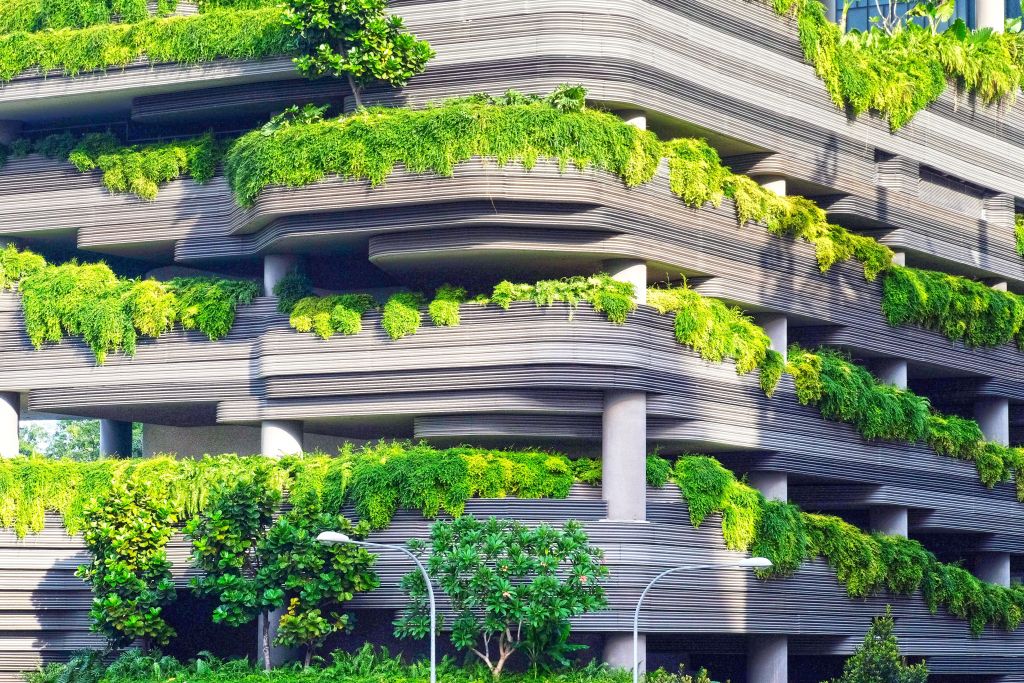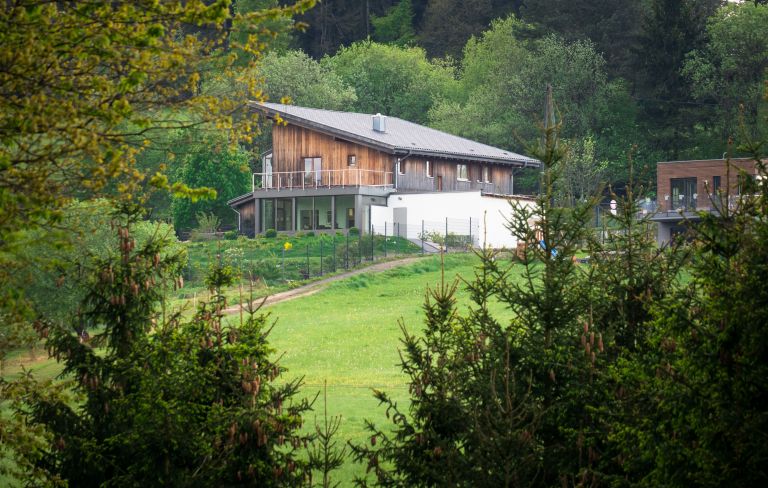Sustainability is a key factor in maintaining the value of real estate, UBS writes in its online mortgage magazine. Those who do not apply certain industry standards endanger the value of a property in the long term. The view that sustainability pays off and is associated with long-term positive effects for society as a whole is becoming more and more prevalent. Because the emission of harmful greenhouse gases is largely due to the construction and operation of buildings, the real estate industry is challenged to a high degree, write the UBS authors.

Sustainability thanks to a green house façade; Photo by Dankst Soh on Unsplash.
Sustainability as a driver for the valuation of real estate
Thus, it is in line with the signs of the times that investors, buyers and also independent appraisers attach great importance to the topic. Katharina Hofer, economist and UBS Real Estate Analyst, says: “The importance of sustainability criteria is likely to play an increasingly important role in the valuation of real estate.” There are already signs that the importance of “green” properties is increasing in the portfolios of institutional investors or in leasing to large companies. “Brown properties, on the other hand, run the risk of markdowns in the valuation.” explains Katharina Hofer.
UBS recommendations for owners
- In general, it is also financially worthwhile to invest in the energy efficiency of a building. For institutional investors in particular, aiming for the highest standard should pay off in the long term.
- Above a certain level, the additional costs for reducing CO2 emissions are higher than the price for offsetting emissions. Compensating can make more economic sense for a certain duration, at least on paper.
- For private owners, it may be worth the wait if the existing infrastructure still has a long service life. This is because technological progress is resulting in ever better and more efficient ways of reducing energy consumption.
Read the full UBS article with links to further information here.


